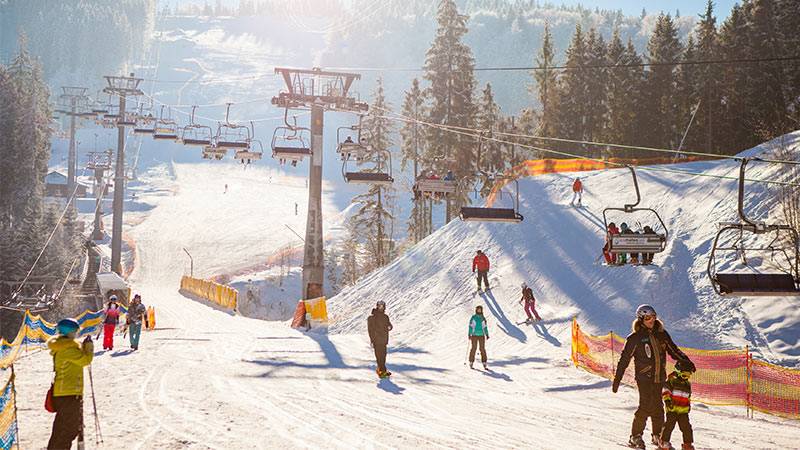At the prestigious Yellowstone Club near Big Sky, Montana, a revolutionary approach to snowmaking is taking shape. This exclusive resort, known for its high-profile members such as Bill Gates and Justin Timberlake, has embarked on a groundbreaking project: converting wastewater into snow. This initiative, a first for Montana, addresses the twin challenges of environmental sustainability and the need for reliable snow cover during increasingly dry winters.The club’s vice president of environmental operations, Richard Chandler, highlights the significance of this effort. The new snowmaking process not only secures more skiing terrain but also contributes positively to the environment. This innovative project is the result of over a decade of collaboration between the Yellowstone Club, local environmental organizations, and state regulators. The club has a history of repurposing wastewater, previously using it to irrigate its golf course.The idea was inspired by the unpredictable snowpack resulting from climate change. The goal is to support both recreational skiing and watershed health by creating snow from treated wastewater, which would otherwise be discharged into rivers. The project kicked off in 2011 when the Yellowstone Club, alongside the Gallatin River Task Force and the Department of Environmental Quality (DEQ), investigated the feasibility of this method. Their pilot successfully transformed half a million gallons of wastewater into a substantial snow cover.
 “The benefits of this project are actually an enhancement to the watershed function,” said Pat Byorth, Montana water director for Trout Unlimited, in a press release. “It’s an enhancement to water supply, to water quality in the basin. So everybody from skiers to anglers will benefit from this, and downstream agriculture benefits at a time where water supply is uncertain.”
“The benefits of this project are actually an enhancement to the watershed function,” said Pat Byorth, Montana water director for Trout Unlimited, in a press release. “It’s an enhancement to water supply, to water quality in the basin. So everybody from skiers to anglers will benefit from this, and downstream agriculture benefits at a time where water supply is uncertain.”
While the Yellowstone Club leads the way in Montana, it’s not alone globally. Ski areas in eight U.S. states, Canada, Switzerland, and Australia have also utilized wastewater for snowmaking. However, the practice has faced opposition. A notable dispute involved a ski area near Flagstaff, Arizona, and the Hopi Tribe, highlighting potential environmental and cultural concerns. Despite these challenges, the Yellowstone Club’s approach addresses such concerns by further treating the wastewater through the snowmaking process, benefiting the environment more than traditional disposal methods.According to Reasons to be Cheerful, the treated snow aids the watershed by undergoing additional filtration as it melts, enhancing groundwater recharge and stream flows. This process has garnered support from several environmental and conservation groups, recognizing the project’s contribution to the watershed’s health. The club estimates an extension of summer runoff by 19 days, benefiting skiers, anglers, and agricultural interests alike.Following a successful pilot, the Yellowstone Club received a permit in 2021 to expand its snowmaking operations, turning 25 million gallons of wastewater into snow each year. This initiative, costing $12 million, demonstrates a commitment to environmental stewardship and innovation in ski resort management.As the American West faces drier winters, the Yellowstone Club’s project presents a potential model for other ski areas. The project not only ensures a more reliable skiing season but also highlights a sustainable approach to water management. The club’s efforts reflect a growing trend towards innovative solutions to environmental challenges, setting a precedent for the future of snowmaking and water conservation in the ski industry.
More inspiring green news similar to this:


